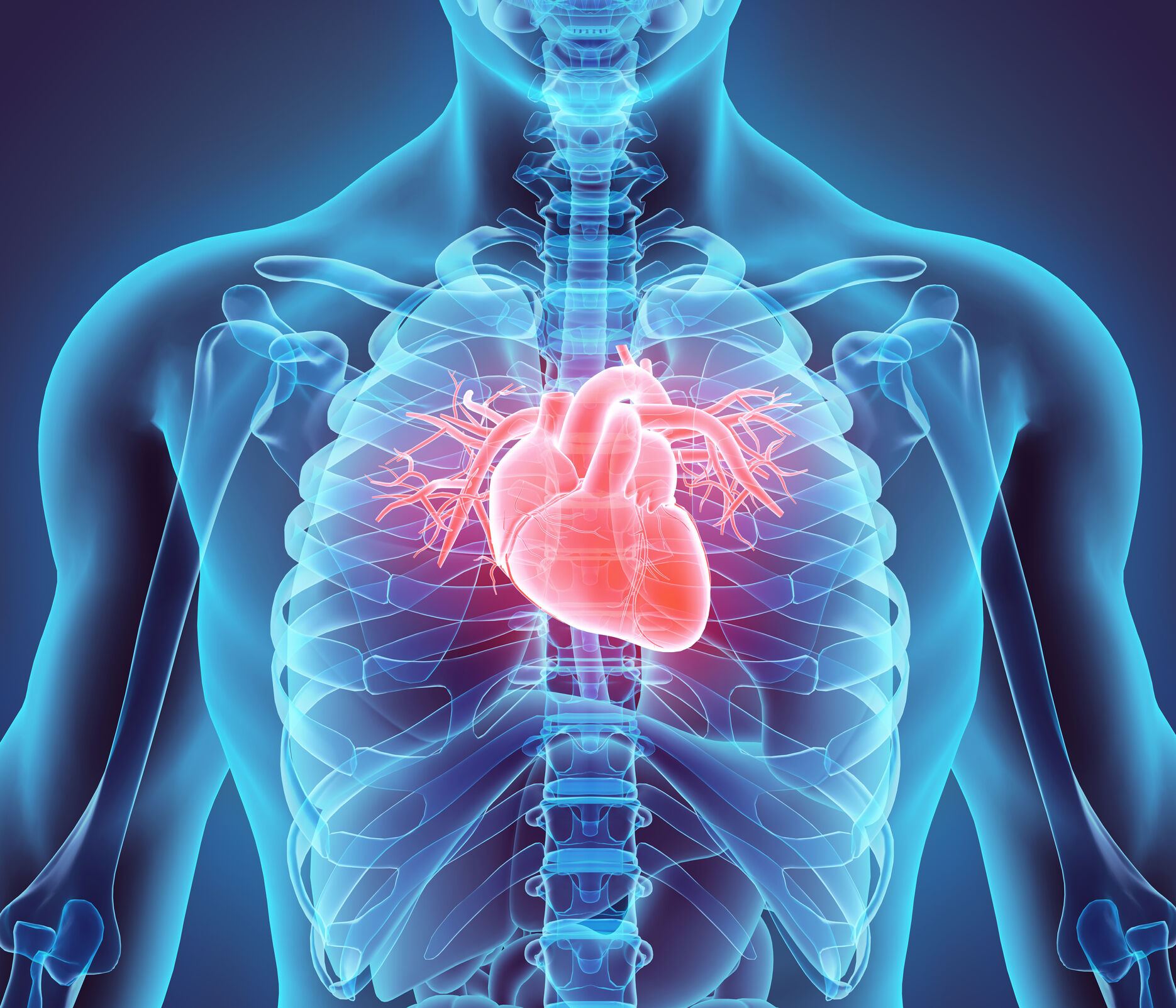
The coronavirus tends to be harder on senior citizens who also are more prone to heart conditions, but younger people with even mild cases are developing cardiac problems, according to a D.C.-region doctor.
“We’ve had many patients — young patients in their 20s to in their 40s — who develop atrial flutter and atrial fibrillation, fast heart rhythms — arrhythmias coming from the top chamber of the heart after COVID,” said electrophysiologist Dr. Cyrus Hadadi, who is associate director of cardiac arrhythmia research at MedStar Washington Hospital Center.
“We’ve identified several types of heart rhythm issues that present in COVID patients both young and old,” Hadadi said, while noting that most are treatable.
Treatments might include a minimally-invasive ablation procedure for racing hearts, temporary or permanent pacemakers for very slow heartbeats or defibrillators to help people prone to sudden cardiac arrest.
“We’re really only beginning to learn about how COVID affects the heart, but my partners and I have seen all of these presentations of symptoms,” he said.
Racing heartbeats lasting weeks to months can cause congestive heart failure that often requires hospitalization to treat and reverse. Dangerous heart rhythms coming from the bottom chamber of the heart can cause cardiac arrest.
“We’ve met patients, young patients, who have crashed their cars or been found unconscious — cardiac arrest survivors who got defibrillators to protect them from it ever happening again,” Hadadi said.
Referencing a study that found inflammation in the hearts of college athletes who had a mild or even asymptomatic case of COVID-19, Hadadi said it’s unclear whether cases with more severe symptoms lead to worse cardiovascular consequences.
“I suspect that there’s a lot of people who had relatively mild COVID but who will develop ongoing heart issues, and we’ve seen patients like that in our own practice,” he said.
If you’ve had COVID-19, Hadadi recommends seeing your doctor or a cardiologist to get, at the very least, an electrocardiogram, commonly called an EKG.
“I think insurance will always cover that,” he said.
Noting the one year mark of pandemic-related restrictions and temptations to give into “COVID fatigue,” Hadadi said it’s still important to stay vigilant.
“Your heart health is with you your whole life, and it really is to your benefit to preserve your own health and that of everyone in the society around you,” Hadadi said. “Together we can make a difference for many millions of people who’ve been exposed to COVID and will be dealing with COVID symptoms for some time to come.”
Looking for more information? D.C., Maryland and Virginia are each releasing more data every day. Visit their official sites here: Virginia | Maryland | D.C.
Like WTOP on Facebook and follow @WTOP on Twitter to engage in conversation about this article and others.
Get breaking news and daily headlines delivered to your email inbox by signing up here.
© 2021 WTOP. All Rights Reserved. This website is not intended for users located within the European Economic Area.
"severe" - Google News
February 12, 2021 at 08:17AM
https://ift.tt/3paKHUJ
COVID-19 patients with asymptomatic to severe cases could be more at risk for heart problems - WTOP
"severe" - Google News
https://ift.tt/2OrY17E
Shoes Man Tutorial
Pos News Update
Meme Update
Korean Entertainment News
Japan News Update
Bagikan Berita Ini















0 Response to "COVID-19 patients with asymptomatic to severe cases could be more at risk for heart problems - WTOP"
Post a Comment